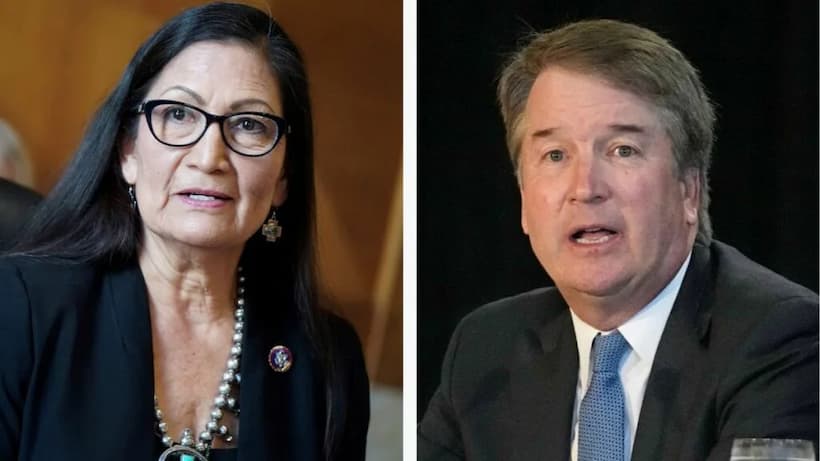Sports Betting
The ‘Florida Sports Betting Case’ is making its way to the Supreme Court for June 13

In Florida, the Seminole Tribes and the Hard Rock Sportsbook have sole jurisdiction over the legal sports betting market. However, there have been ongoing discussions as to the legality of the market not being competitive. This issue has gotten so large that it is being reviewed by the Supreme Court. West Flagler Associates is in a legal battle with Debra Haaland. Their dispute is known as the “Florida Sports Betting Case”. Recently, the case was “distributed for conference” to the Supreme Court for a June 13 discussion.
Together, nine court justices are expected to review the case and decide what the next steps are. Earlier this month, the federal government and West Flagler filed briefs. Deb Haaland’s lawyers have asked SCOTUS to deny any motions by West Flagler to move the case forward. They claim it’s the federal government's opinion that earlier sports betting rulings were correct. West Flagler calls the current status of sports betting in Florida, “plainly unlawful”. Ultimately, the Supreme Court is going to decide the legality of the matter.
Why are West Flagler and Debra Haaland disagreeing on the current state of sports betting in Florida?
West Flagler has filed a petition of certiorari. It asks the Supreme Court to review a lower court’s decision. Legal sports betting in Florida exists due to the “hub-and-spoke” gaming compact. That gave exclusive rights to the Seminole Tribe to establish statewide online sports betting platforms. Despite ongoing legal battles with the state and federal government, Hard Rock Bet fully launched in December 2023. There are ongoing questions from the government as to whether allowing off-reservation bets wired through tribal servers meets the Indian Gaming Regulation Act (IGRA).
An amicus brief was filed by Florida attorney Daniel Wallach. He claims that the current Florida sports betting structure violates the IGRA. Wallach used a Supreme Court ruling from last October to justify why offering bets off-reservation doesn’t comply with the guidelines IGRA has set. The ruling on June 13 will be an important one to see which direction this case is headed.











